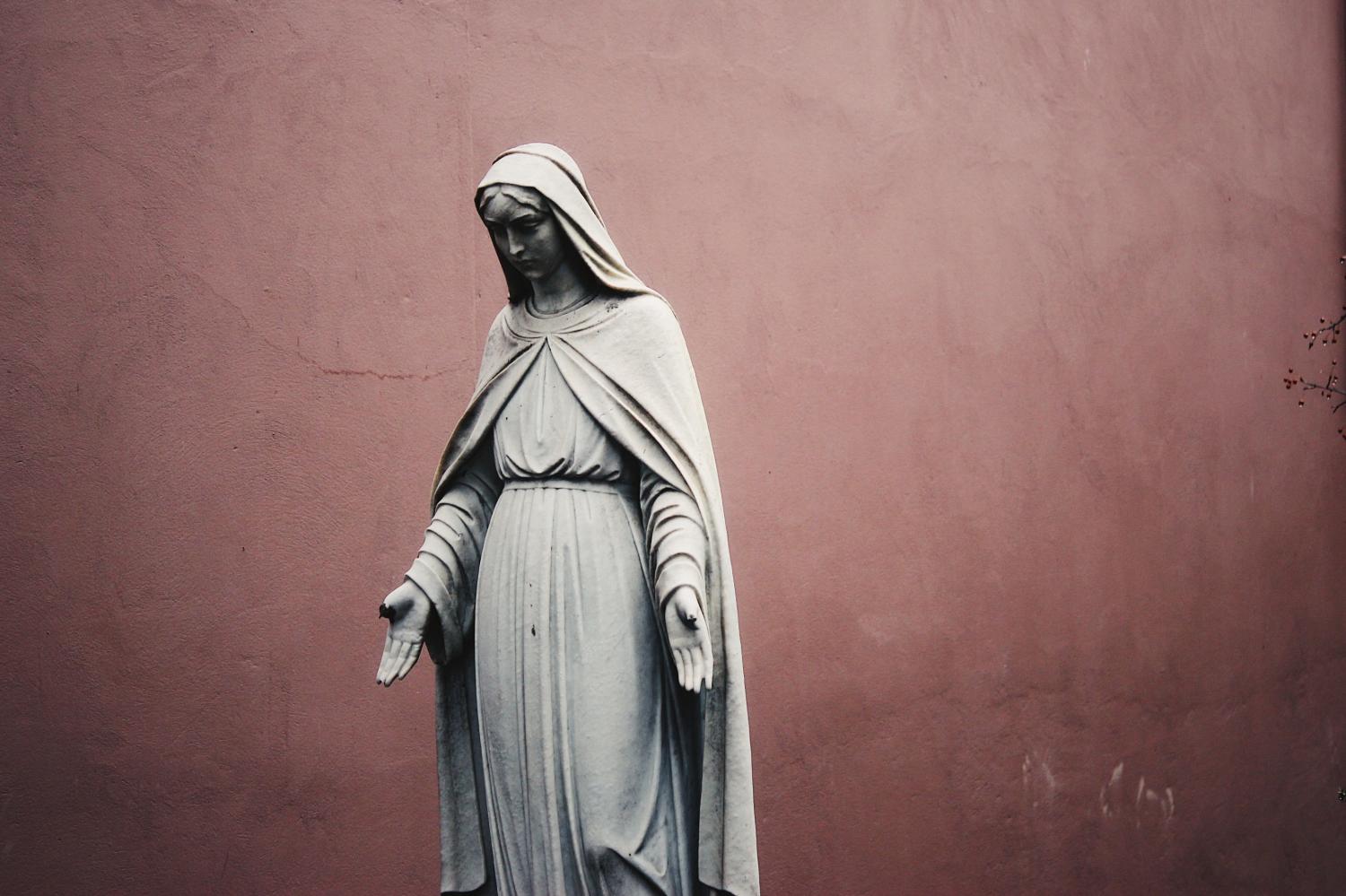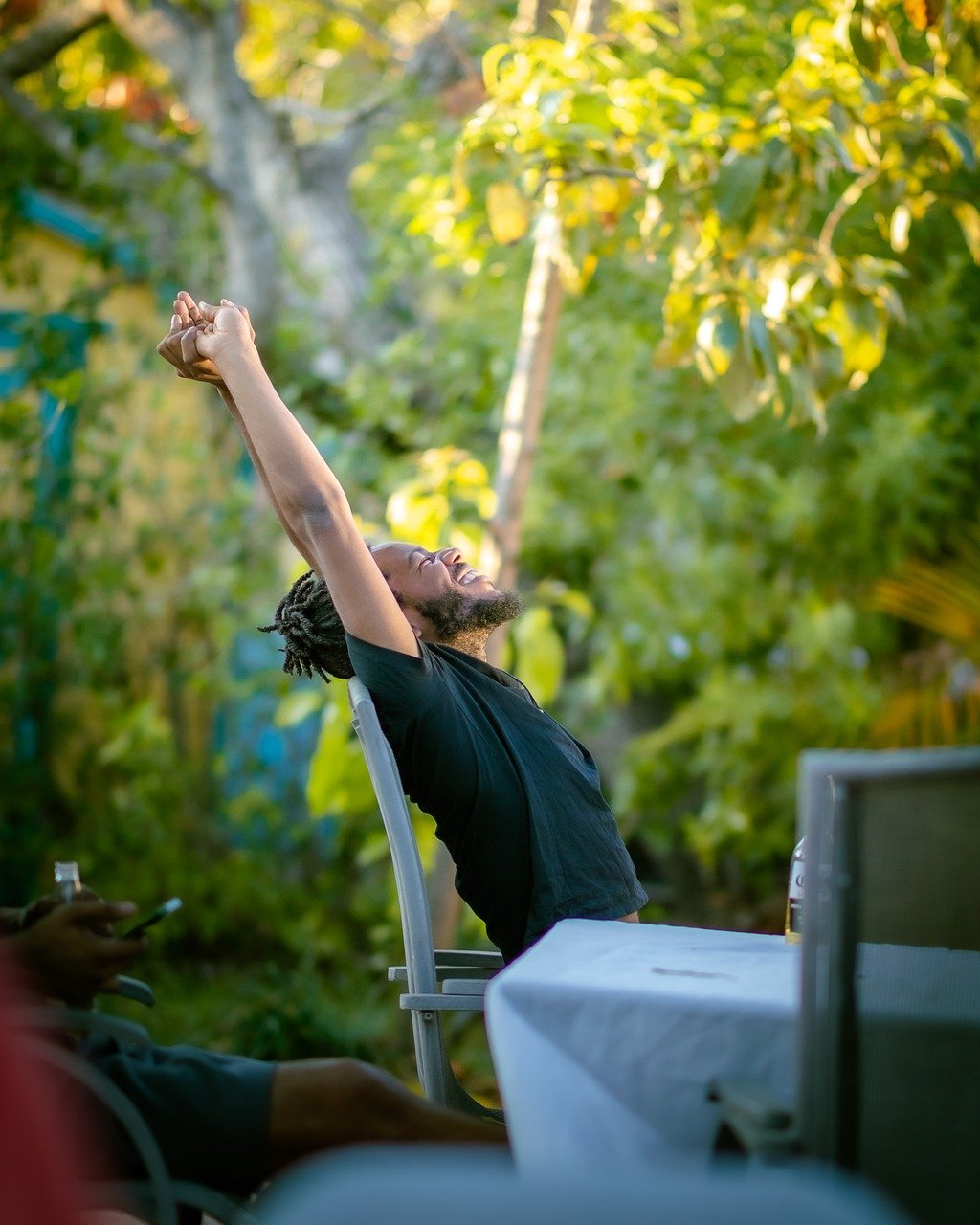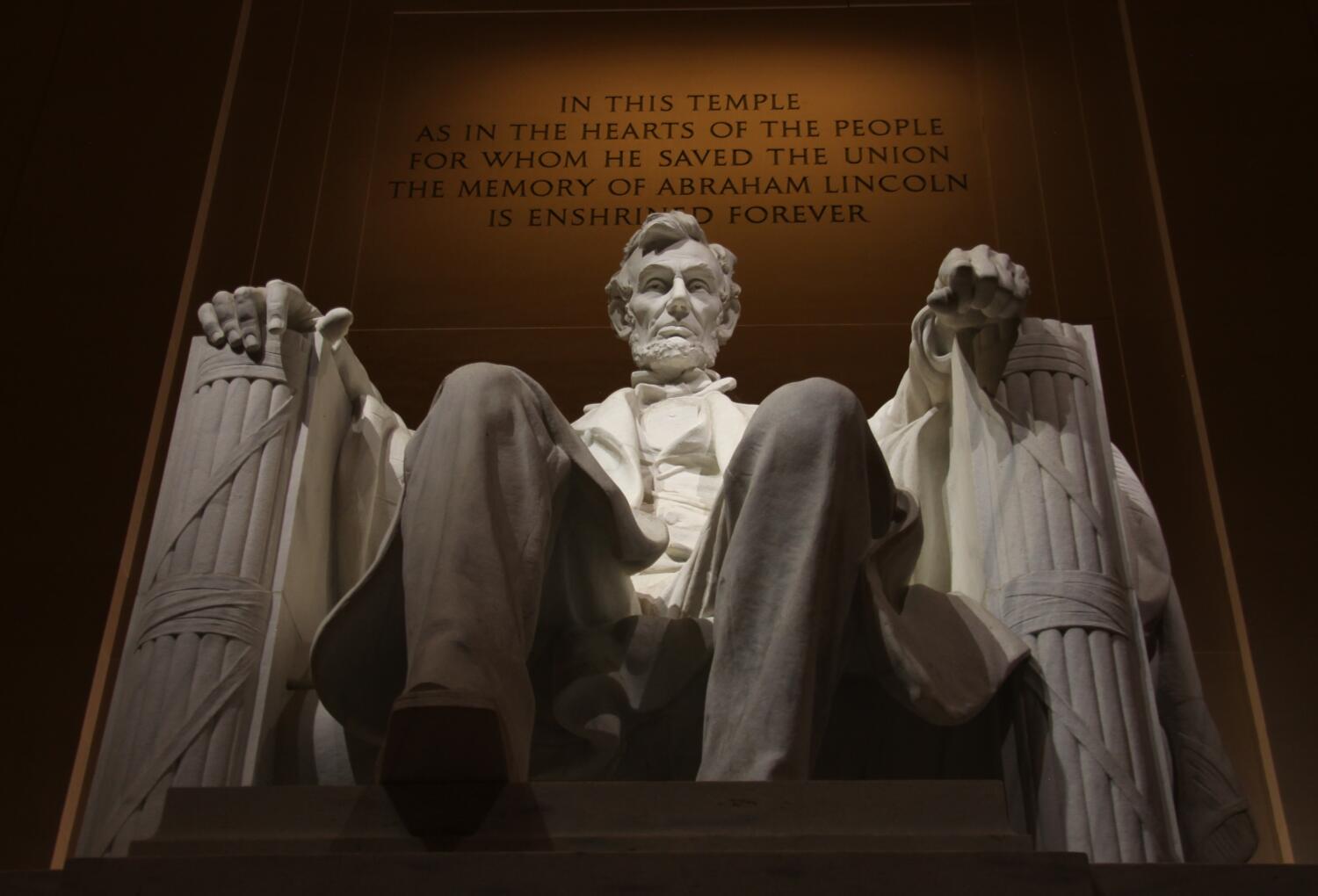Practical lessons from self-examination
Student Responses | God’s Feast Days: The Biblical Passover
We have made changes to our student comments section of our online courses, and we invite you to join us in participating in this new forum!
This forum is designed to collect and share responses to the discussion questions in our online courses. Answer the question by leaving a response in the comments below!

Question:
In preparation for the Passover each year, as instructed by Paul in 1 Corinthians 11, Christians examine themselves before taking of the bread and wine. What is one practical lesson you have learned about self-examination in your experience preparing for the Passover?
Please leave your response in the comment box on this post below!




 https://www.pexels.com/photo/gray-magnifying-glass-and-eyeglasses-on-top-of-open-book-3109168/
https://www.pexels.com/photo/gray-magnifying-glass-and-eyeglasses-on-top-of-open-book-3109168/




I realized this year that each one of us is responsible for deleavening our own space(s). We cannot pay someone else to do it or even expect other family members to do the work for us. When we do put this “burden” on others we miss out on the spiritual lessons learned from this physical process. Our sin is our sin, and God holds no one else accountable for our own personal sin. It is the responsibility we each hold to recognize the sin, repent of the sin, and revise our lives accordingly so we can truly follow a path of true righteousness!
Thanks for that insight!
Hello
I think its also important to acknowledge some things that you have been working on over the past year that you have had some improvement on or even better, have overcome. It is like the ‘Quit Smoking’ TV commercials our Govt. ran here in Australia, which promoted “Never give up giving up, as every time you quit, you get a little better at it.” This helps me acknowledge that putting a sin out of my life, a lust that may have crept back in, is going to be a bit easier as long as I keep trying and seeking the power of God’s Holy Spirit to give me strength to do so. I may have failed a few times but there were plenty of times I didn’t. This is a little confidence booster before approaching newly identified sin that I need to eliminate from my character, one day at a time.
This way my Passover season preparation builds on little success and the ‘have done this before and can do it a little better this year’ helps me squarely approach the new challenges ahead.
Thank you Mr. Jones – I think you’re speaking for all of us in this regard!
I just had to reply to Mr. Richard Jones. So true what you said about failing. I will add something someone said that helped me immensely- this was many years ago when I was quitting smoking. It was a huge struggle and I felt like a failure. But it was pointed out to me that we only fail if we quit trying. So, taken from that, if you have a plan and you are working that plan, you haven’t failed. And if you haven’t reached your “success” yet, it is a hint your plan needs tweaking. I just had to share that because it was such an encouragement to me.
I’ve learned that over the years, we can get into a routine, and the self-examination can just become “something I do before Passover”. It can start to be superficial. We must really take time to meditate on the sacrifice that Jesus made for us, and personalize His sacrifice to apply it to ourselves. We must realize that “my sins caused Jesus’ death”. When this begins to soak in, I believe we can approach the Passover with the proper attitude.
This course has really helped in focusing on what this period really means. Examining myself in light of the spirit of the commandments and the letters to the churches has really helped. I also appreciated more this year(due to some trials)how merciful and forgiving our Father is and it makes me appreciate the sacrifice of Christ even more!
Indeed! Thanks for posting a comment!
jmc
It is hard to pick one practical lesson. I find the Passover self-examination is so intertwined with my physical de-leavening because I learn things from that process. For example, one year after I had de-leavened some drawers under a counter I was still using (not de-leavened yet), I was very careful to make sure those drawers were closed so no crumbs could fall in. The though crossed my mind, “how careful am I in ensuring the doors of my mind are closed so I don’t let sin enter when I am out in the world or around others?!” The one other one I will share: once when I was de -leavening, I just happened to look in an area I don’t normally look from a very different vantage point. I found some crumbs I most likely missed for years. What I learned: sometimes we have to change our “point of perspective” to be able to “see” (especially ourselves) from other angles.